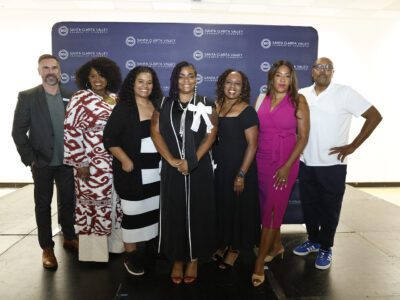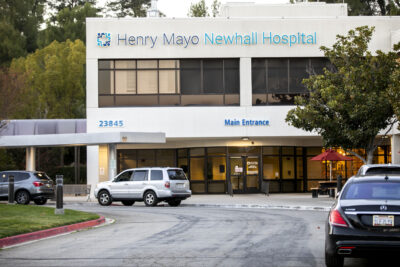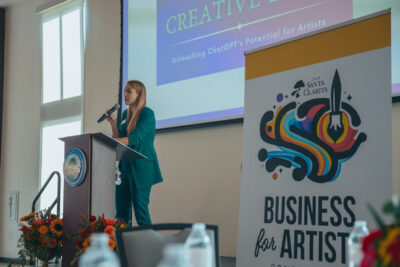The world of work hasn’t changed as much as some people may think—at least not in the 35 years I’ve been working across various parts of the world.
Technology, of course, has been the most significant agent of change. I remember at one of my first jobs, there was just one computer in our office: the Apple II. We used floppy disks (remember those?) and fax machines. Hardly anyone had a cellular phone. In fact, I vividly recall the first time my father used my brother’s cell phone, handing back the brick-sized mobile device, asking, “Why would someone ever need a mobile phone with all these call boxes around?”
Technology has enabled people to communicate virtually across the world and for free! We can now host webinars and conference calls with hundreds of participants for a fraction of the cost we could 10, let alone 30, years ago. The microchip has enabled us to work from home and virtually anywhere, with anyone, at any time.
However, despite how much technology has changed the way we work together, certain workplace principles that govern human interaction remain constant. For example, the concept of trust has not gone out of fashion, nor do I foresee its demise anytime soon. We still need to listen just as attentively today as we did yesterday.
The necessity to collaborate effectively with colleagues is as crucial across the World Wide Web as it was in fields or factories during the agrarian or industrial age.
I would also argue that the universal acceptance of “good and bad manners” in workplaces around the world hasn’t changed significantly.
There is still an etiquette we must adhere to at business lunches or dinners. Today’s professionals must exercise the same self-control when it comes to alcohol consumption as their predecessors did. Being intoxicated on your employer’s expense account, or worse, on a customer’s account, is still considered unacceptable.
Talking with one’s mouth full is universally frowned upon, yet it remains a skill many of my American friends strive to master! Slurping hot beverages may be acceptable at home but not at the office coffee pot with your colleagues. Picking or biting one’s fingernails universally conveys nervousness and fails to inspire confidence in those observing.
Today, it is just as important to gauge how to greet a woman in the workplace as it was 30 years ago. Whenever I meet a female client or coworker, I still look for social cues to determine whether to hug, shake hands, or simply nod and say, “Hi!”
Even though technology has taught us to move at lightning speed, I have found it effective to use someone’s name in an email, text, or instant message. Why? Because we must remember that we accomplish things through and with people—we are not mere robots colliding in virtual corridors to complete tasks. We are all in the people business.
Maintaining eye contact, whether in person or on-screen, still builds and sustains workplace rapport. Keeping promises remains the trust currency others value. Refraining from gossiping about others is still a behavior that the majority of people appreciate and admire.
Another constant in the workplace, regardless of era or geography, is the value of showing up—both physically and mentally. While remote work has changed the definition of presence, the principle remains: being engaged, responsive, and available when it matters most. In the past, this meant arriving early, staying focused during meetings, and contributing actively. Today, it also means being present in digital spaces—keeping your camera on when appropriate, responding to messages in a timely manner, and participating thoughtfully in virtual discussions. Presence, in any form, communicates commitment and professionalism.
In summary, I maintain that workplace manners are a timeless constant, even as technology has dramatically altered the environment in which we demonstrate these manners. Good workplace manners are enduring character traits that I don’t foresee changing anytime soon.
Paul Butler is a Santa Clarita resident and a client partner with Newleaf Training and Development of Valencia (newleaftd.com). For questions or comments, email Butler at [email protected].













